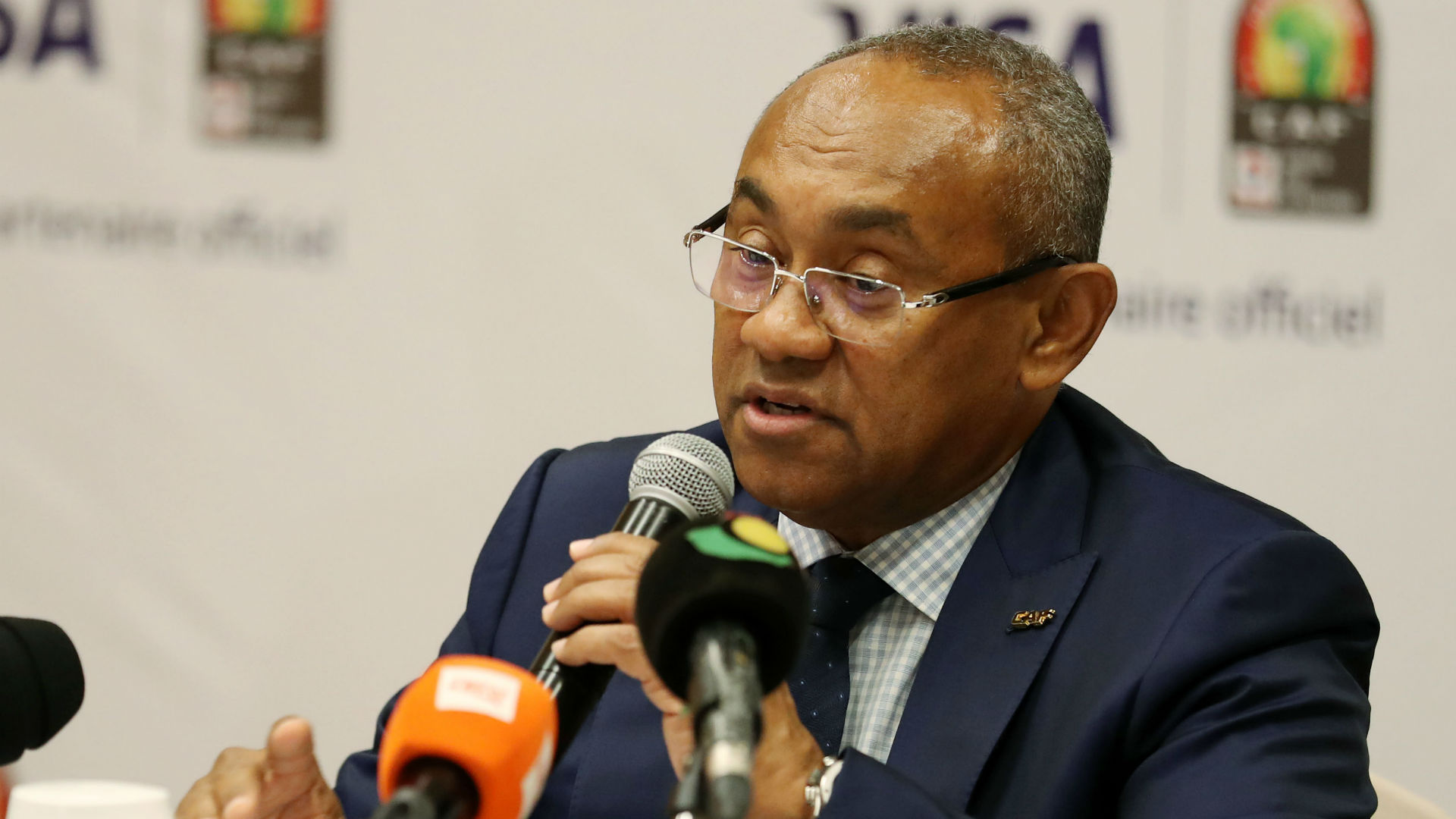A clear ground for banning President Ahmad have been set following the leak of the full PWC report into financial mismanagement at CAF.
Ahmad recently announced that he will be seeking a second term of office at the forthcoming CAF Presidential elections in March 2021. The Madagascan football Administrator has indicated that he has received support from more than 40 MAs but all that could change if he is banned.
A ban could virtually end his aspirations for the CAF Presidency.
The leak of the 55 pages that make up the aforementioned PWC report, clearly demonstrates, with multiple documents and evidence, the number of financial and administrative infractions, as well as the unjustified waste of millions of dollars, without actually entering into whether such situations had occurred intentionally or through malpractice.
The document of the British company emphasized, in its final summary, that CAF is an institution lacking an administrative and financial system as such an institution lacking an administrative and financial system as such and that it also lacks the transparency and integrity standards required for an organization of its magnitude.
“Based on the procedures carried out and the documents reviewed, several flags, potential elements of mismanagement and possible abuse of power were found in key areas of CAF’s finances and operations.
Given the seriousness of certain findings, we cannot rule out the possibility of potential irregularities “, concluded the aforementioned audit, while recommending further investigation into the agreement reached by Ahmad himself with Tactical Steel.
The board of the governing body, the Confederation of African Football, or C.A.F., agreed last year to an independent review of its operations amid accusations of financial wrongdoing made by a group of former senior executives at the Cairo-based organization.
The report said that FIFA had remitted a total of $51 million to the African governing body from 2015 to 2018 and that since then, about $24 million of that amount had been disbursed by African soccer officials. In reviewing 40 payments totaling $10 million, auditors found that just five of the payments, adding up to $1.6 million, had sufficient documentation to confirm what the money would be spent on. The rest lacked information that in some cases made it impossible to identify the beneficiaries of the funds.
The auditors wrote that they were stymied in doing their work in many cases because the records “are unreliable and not trustworthy due to several manual adjustments.”


Football Journalist | TotalEnergies AFCON 2021 Photographer | Media Officer - Kabwe Warriors FC | Graphic Designer | Videographer



CAF Confederation Cup
Simba book final spot in CAF Confederation cup
Must See
-


AFRICA
/ 5 years agoSierra Leone FA President Isha Johansen endorses Patrice Motsepe for CAF President
Sierra Leone FA President who also doubles up as CAF Executive Council member Madam...
-


Football
/ 5 years agoIT JUST CAN NOT BE – AN AFRICA FULL OF MORONS?
By John De Mathews, There is an eerie silence around Africa, and it is...


















